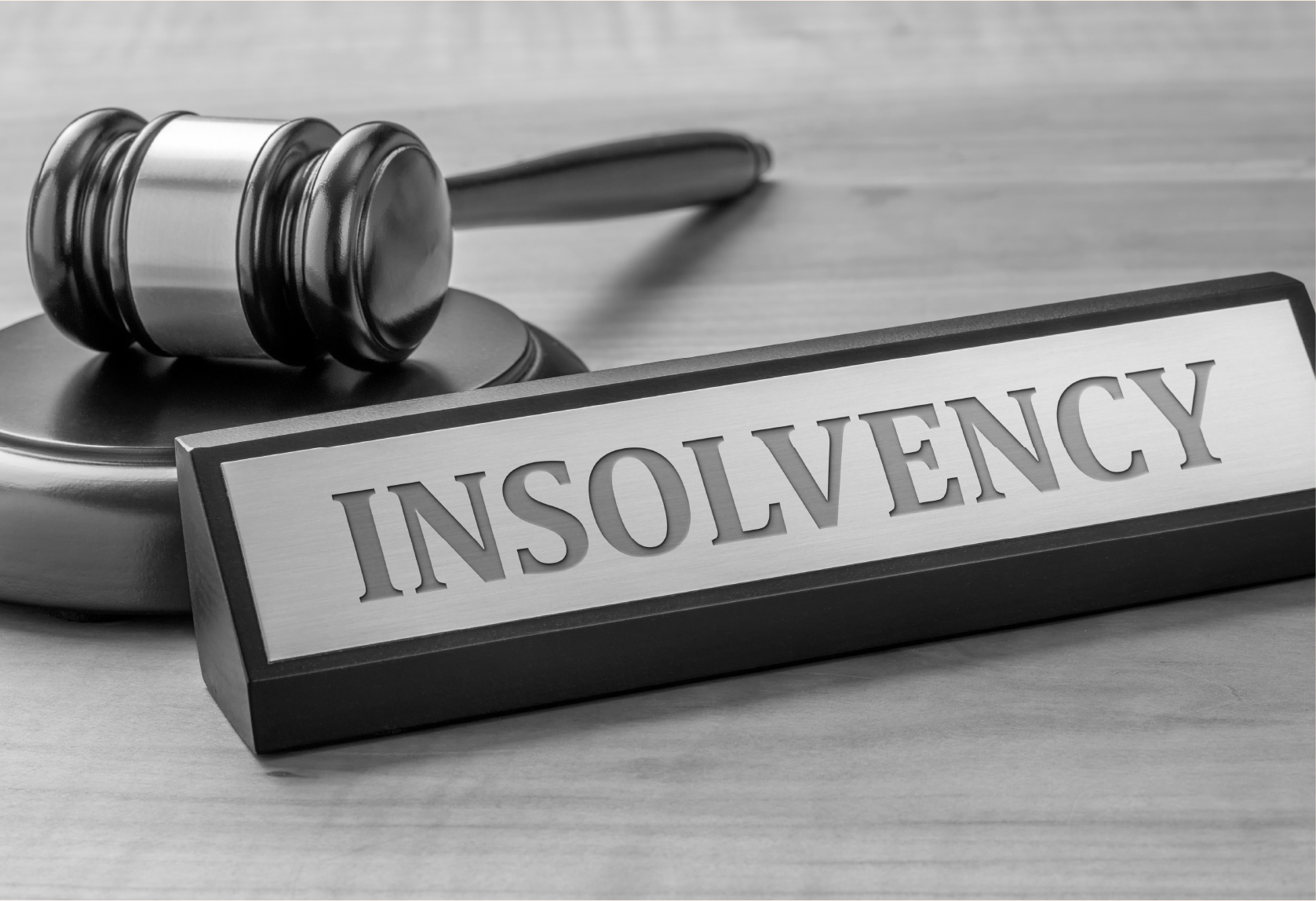
What Do Insolvency Lawyers Do? A Guide for Business Owners
Understanding the role of insolvency lawyers
Insolvency lawyers play a crucial role in helping individuals and businesses navigate their way through financial distress. They are specialists in insolvency law, which deals with the process of resolving insolvency issues, whether it’s in the form of liquidation, administration, or restructuring. For business owners, understanding what these lawyers do can be the difference between recovery and further decline.
These legal professionals are not only there to represent their clients but also to provide insightful advice on the various paths available during tough financial times. Their extensive knowledge of insolvency laws enables them to guide clients by considering both the legal implications and the business consequences of different decisions.
The basics of insolvency law
To fully appreciate the role of an insolvency lawyer Sydney, it’s essential to grasp the basics of insolvency law. This area of law centres around the financial distress of companies and individuals, governing how debts are managed and resolved. Insolvency can occur when a business is unable to pay its debts as they fall due or when its liabilities outweigh its assets.
Understanding these definitions can sometimes feel overwhelming, especially for those who are not well-versed in legal jargon. However, an insolvency lawyer can simplify these complex concepts, transforming them into actionable insights that business owners can readily understand.
Key responsibilities of insolvency lawyers
The responsibilities of insolvency lawyers are multifaceted. They provide legal advice, assist with the preparation of essential documentation, and offer representation in court if necessary. They are also responsible for negotiating with creditors and potentially liaising with bankruptcy trustees.
Moreover, these lawyers can develop and implement strategies tailored for their clients, which may include negotiating settlements or exploring options for financial restructuring. Their guidance is instrumental in ensuring that business owners take the right steps to mitigate potential losses.
The importance of insolvency lawyers for businesses
Engaging an insolvency lawyer is essential for businesses facing financial turmoil. Their expertise not only aids in legal navigation but also helps in forming survival strategies that can prevent a business from completely collapsing.
In many situations, insolvency lawyers can serve as a lifeline, creating pathways where none seem possible. They help business owners to understand the implications of insolvency and explore all options available before a situation becomes dire.
Preventing financial collapse
One of the most significant contributions of an insolvency lawyer is their ability to prevent financial collapse. By addressing potential issues early, they can offer preventive measures that disrupt the cycle of debt before it spirals out of control. This proactive approach can be the key to preserving the company’s assets and reputation.
Additionally, they can assist in mediating situations that might otherwise escalate to court, preserving business relationships that could be vital in the recovery process.
Navigating complex legal situations
The legal landscape surrounding insolvency can be complex, with regulations that vary depending on geographical location and the nature of the business. Insolvency lawyers have the training and experience required to navigate these complexities, ensuring that their clients remain compliant with legal requirements while exploring all available avenues for recovery.
From understanding statutory requirements to addressing creditor claims, insolvency lawyers offer comprehensive solutions that business owners would struggle to navigate on their own.
The process of hiring an insolvency lawyer
When the need arises to hire an insolvency lawyer, knowing the right process can make all the difference. It’s not just about picking any lawyer; it’s about finding a suitable professional who understands your specific needs.
First, consider your business’s financial situation. Reflecting on your circumstances will help you articulate your needs better to potential lawyers, allowing for a more informed selection.
When to consider hiring an insolvency lawyer
Identifying when to hire an insolvency lawyer is crucial. Often, the signs include a mounting inability to pay debts, frequent creditor calls, or receiving legal notices. Prompt action is essential; the earlier you seek help, the greater your options for recovery.
Some business owners may wait too long, believing they can manage the situation themselves, which can lead to lost opportunities. Remember, an insolvency lawyer provides not only legal advice but also valuable strategic guidance.

How to choose the right insolvency lawyer for your business
Choosing the right insolvency lawyer is paramount. Consider their experience, particularly in your industry, as well as their track record with similar cases. Look for someone who communicates clearly, is approachable, and shows genuine concern for your situation.
You might also want to ask for recommendations from peers or consult professional associations that can provide a list of qualified insolvency lawyers. Evaluating multiple candidates can ultimately lead to a more informed choice.
The cost of insolvency lawyers
The cost of hiring an insolvency lawyer can vary significantly based on various factors, including the complexity of the case and the lawyer’s experience level. Understanding the fee structure up-front will prevent any unpleasant surprises later. Learn more about how the best corporate lawyers protect your business interests.
Typically, lawyers may charge by the hour or offer fixed fees for specific services. It’s advisable to discuss these details during your initial consultation to clarify what services will be rendered and how you’ll be billed.
Understanding the fee structure
Insolvency lawyers may operate on different billing structures, including hourly rates, fixed fees, or success-based fees. Understanding your lawyer’s fee structure is vital for budgeting and planning.
Moreover, a transparent conversation about costs can lead to discovering options that fit your financial constraints. It’s also worth asking whether the lawyer offers a free initial consultation, which many do to discuss your situation without financial commitment.
Balancing cost and quality of service
While cost is a significant factor in choosing an insolvency lawyer, it shouldn’t be the only consideration. Cheaper options may not provide the level of expertise you need, whereas more expensive choices don’t always guarantee better results.
It’s essential to balance cost with quality of service. Sometimes investing a little more in a lawyer with a proven track record can save your business from potential losses in the long run.
The impact of insolvency lawyers on business outcomes
Engaging an insolvency lawyer can profoundly affect a business’s outcome during financial distress. Their expertise and support can lead to a more favourable resolution, whether through restructuring, negotiating debt settlements, or transitioning towards liquidation.
The ability to plan and manage the difficulties with professional supports sets the stage for either recovery or a smoother exit strategy if that is the chosen path.
Potential scenarios after hiring an insolvency lawyer
After hiring an insolvency lawyer, business owners may face various outcomes. These can range from successful debt restructuring that allows the business to continue operating to the eventual liquidation of assets if that becomes necessary.

What’s essential is that business owners gain clarity and direction following legal counsel, which can mitigate the stress often associated with financial downturns.
Long-term effects on business health and reputation
Finally, the long-term effects of hiring an insolvency lawyer can be significant. A well-handled insolvency process can lead to recovering a business’s health and restoring its reputation amongst customers and suppliers.
By making informed choices with the assistance of a knowledgeable insolvency lawyer, business owners can position themselves for recovery, showing both creditors and clients that they are serious about moving forward and building a sustainable future.
